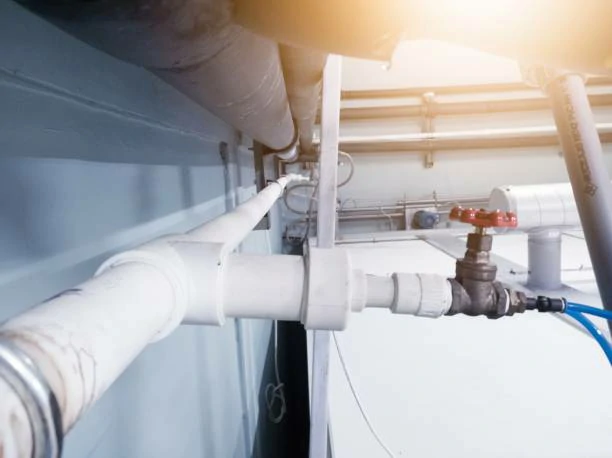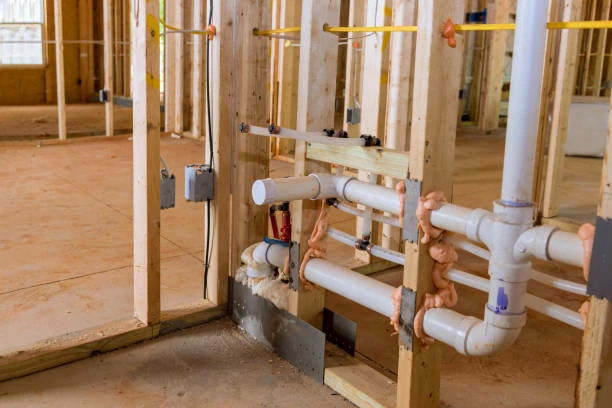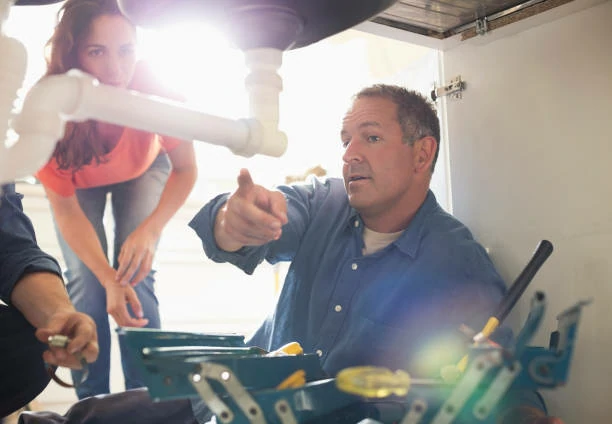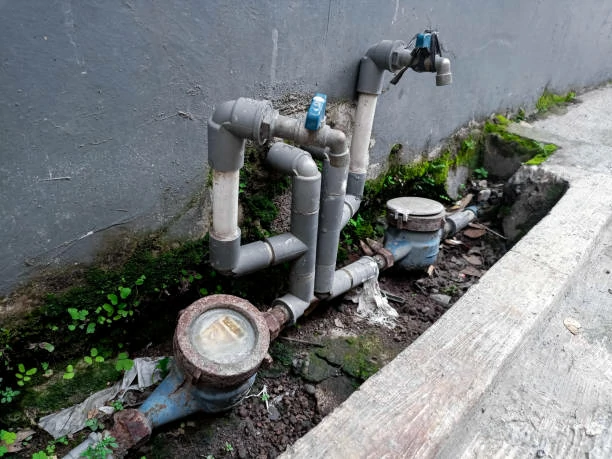PPR, or Polypropylene Random Copolymer, represents a versatile and durable plastic material widely used in modern piping systems. Understanding the meaning of PPR involves delving into its composition, characteristics, benefits, applications, and its significant impact on plumbing and heating systems.
Composition and Structure
Polypropylene Random Copolymer, the full name for PPR, forms through the polymerization of propylene monomers with ethylene. This random copolymerization process results in a material with improved mechanical and thermal properties compared to standard polypropylene. The molecular structure of PPR allows it to withstand high temperatures and pressures, making it suitable for hot and cold water supply systems.
Key Characteristics
PPR pipes exhibit several key characteristics that set them apart from other materials:
Thermal Resistance: PPR can handle temperatures up to 95°C (203°F), making it ideal for hot water systems.
Corrosion Resistance: Unlike metal pipes, PPR does not corrode or scale over time, ensuring long-term reliability.
Chemical Resistance: PPR resists a wide range of chemicals, including acids and alkalis, enhancing its durability in various environments.
Low Thermal Conductivity: PPR’s low thermal conductivity reduces heat loss in hot water systems, improving energy efficiency.
Flexibility and Toughness: PPR pipes offer flexibility and impact resistance, reducing the risk of damage during installation and use.
Advantages of PPR
The advantages of PPR pipes and fittings contribute to their widespread adoption in plumbing and heating systems:
Longevity: PPR pipes last for decades, often exceeding 50 years, thanks to their resistance to corrosion, scaling, and chemical attack.
Leak-Free Joints: Heat fusion welding creates homogeneous joints that eliminate the risk of leaks, ensuring reliable performance.
Eco-Friendly: PPR is non-toxic and fully recyclable, making it an environmentally friendly choice for plumbing systems.
Cost-Effective: The durability and low maintenance requirements of PPR pipes result in cost savings over their lifespan.
Hygiene: PPR pipes do not react with water or other substances, preventing contamination and ensuring clean water supply.
Applications of PPR
PPR pipes and fittings find extensive use in various applications due to their versatile properties:
Hot and Cold Water Supply: PPR’s thermal and chemical resistance makes it perfect for residential and commercial hot and cold water systems.
Heating Systems: PPR handles the high temperatures in heating systems, including underfloor heating and radiator connections.
Industrial Piping: Chemical resistance allows PPR to transport aggressive chemicals in industrial settings safely.
Agricultural Irrigation: PPR pipes provide durable and reliable solutions for irrigation systems, ensuring consistent water supply.
Compressed Air Systems: PPR’s strength and flexibility make it suitable for compressed air distribution in various industries.
Installation and Maintenance
The installation process of PPR pipes involves several straightforward steps, ensuring ease and efficiency:
Cutting: Workers can easily cut PPR pipes to the desired length using simple tools.
Joining: Heat fusion welding joins PPR pipes and fittings, creating strong and leak-free joints. The process involves heating the pipe and fitting ends, then pressing them together to form a homogeneous bond.
Bending and Routing: PPR’s flexibility allows for easy bending and routing around obstacles, reducing the need for multiple fittings.
Insulation: While PPR’s low thermal conductivity reduces heat loss, additional insulation can enhance energy efficiency in hot water systems.
Maintenance of PPR systems remains minimal due to their durability and resistance to scaling and corrosion. Regular inspections ensure that the system operates efficiently, but significant repairs or replacements are rarely needed.
Comparison with Other Materials
PPR pipes offer distinct advantages when compared to other common piping materials:
Metal Pipes (Copper, Steel): Unlike metal pipes, PPR does not corrode or scale, offering longer life and reduced maintenance. Metal pipes also conduct heat more readily, leading to greater energy loss.
PVC Pipes: While PVC handles cold water effectively, it lacks the thermal resistance needed for hot water systems. PPR provides a more versatile solution.
PEX Pipes: Both PEX and PPR offer flexibility and resistance to scaling and corrosion. However, PPR’s heat fusion joints ensure leak-free performance, whereas PEX relies on mechanical fittings that may require more maintenance.
Environmental Impact
PPR’s environmental benefits contribute to its popularity in sustainable building practices:
Non-Toxic: PPR does not leach harmful substances into water, ensuring safe and clean water supply.
Recyclable: PPR is fully recyclable, reducing waste and environmental impact at the end of its lifecycle.
Energy Efficiency: PPR’s low thermal conductivity and suitability for hot water systems help conserve energy, reducing the carbon footprint of buildings.
Future Trends
The use of PPR pipes and fittings continues to grow, driven by advancements in material science and increasing demand for reliable, cost-effective, and sustainable plumbing solutions. Innovations in PPR production and installation techniques promise to enhance performance and efficiency further, solidifying PPR’s position as a leading choice for modern plumbing and heating systems.
Conclusion
The meaning of PPR encompasses its composition, unique properties, and wide-ranging applications that make it an indispensable material in modern plumbing and heating systems. PPR’s advantages in terms of durability, cost-effectiveness, and environmental sustainability ensure its continued growth and adoption in various sectors. By understanding the full scope of PPR, we can appreciate its vital role in delivering reliable and efficient piping solutions for today’s and tomorrow’s infrastructure needs.
Contact
IFAN is a professional manufacturer with 30 years of experience, dedicated to producing high-quality plastic pipes, fittings, and valves. Our products include brass valves, PPR valves, as well as various pipes and fittings to meet different customer needs. Whether you need plumbing and drainage pipes or valve products, IFAN can provide a diverse range of high-quality, cost-effective products to support your projects. Below is our contact information.
We will reply your email or fax within 24 hours.
You can call us at any time if there is any question on our production.
For more information,pls visit our webside https://www.ifanplus.com/
Pls Mailto: [email protected]
Whatsapp: + 86 19857948982






